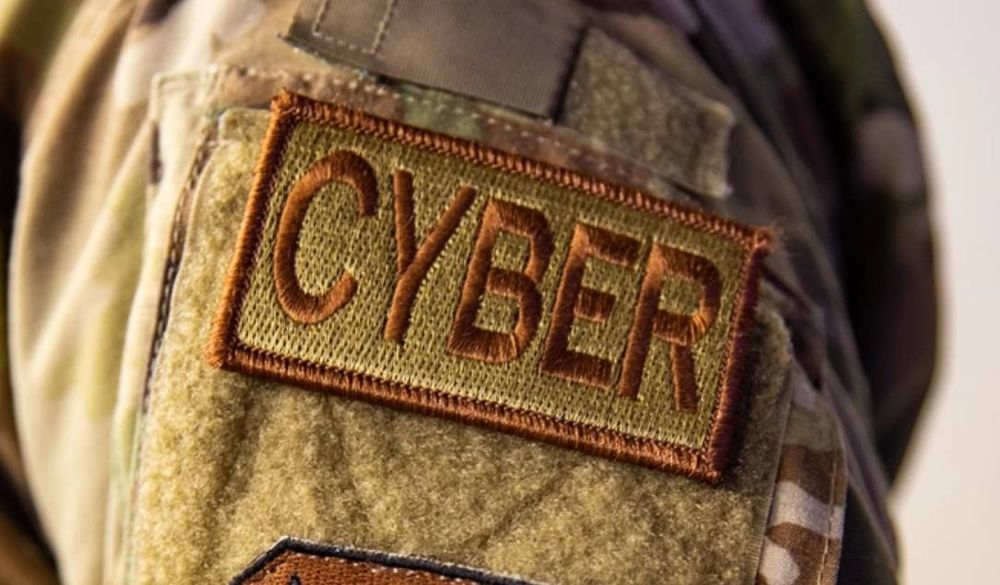Military cyber advocacy group taps first president to harness growing ‘hive mind’
A nonprofit made up of thousands of former and current military cyber professionals has named its first president, as the group looks to tap the country’s growing reservoir of digital security leaders and to weigh in more frequently on pressing cyber issues.
The Military Cyber Professionals Association (MCPA) announced on Monday that Chris Cleary, who recently left federal service after three years as the Department of the Navy’s first principal cyber adviser, has been appointed the organization’s inaugural national president.
“The thing that's interesting about cyber right now is, if you take any of the other warfighting domains there's collective knowledge that you learn through osmosis because the community has been around for decades, or in some instances, centuries,” Cleary told Recorded Future News. “We just haven't built that hive mind; generations of us have not made it through this, where there's some collective memory that's been established.”
“You have graybeards that are now ‘out there’ and pitch their wares as cyber. Whatever,” he added. Instead, the focus should be on “how do we begin to harness some of that knowledge and then feed it back into the community so it's not lost?”
The appointment is an acknowledgement that, as the military’s cyber mission has grown and matured, the number of uniformed and civilian operators has swelled tremendously.
The MCPA, which Cleary has been involved with for over a decade, boasts more than 4,000 members nationwide. The organization’s board of advisors is a veritable who’s who of past military cyber leaders, including former heads of U.S. Cyber Command and the National Security Agency, leaders of various armed service digital warfighting entities and senior intelligence veterans.
Earlier this year the group sent a memo to both congressional Armed Services committees that urged lawmakers to establish a U.S. Cyber Force in this year’s National Defense Authorization Act. The Senate draft of the massive policy blueprint included a provision that called for an independent assessment of creating a seventh military service. It’s unclear if the language will make it into the bill’s final, compromise version.
Actions like sending the memo to Capitol Hill are “exactly the kind of thing the MCPA will be moving to,” according to Cleary. “There's an NDAA proposal. ‘Hey, board, what do we think about that? Do we have an opinion?’”
Cleary, who will serve alongside the rest of MCPA’s leadership in an uncompensated capacity, said he would spend his first “six months to a year” ahead of the association’s annual HammerCon event reaching out to the group’s existing network to “bring the community together” and gauge what topics members are interested in or want to see MCPA more involved.
“For the people who are part of the MCPA, how do we create knowledge that can then be retained through the community and ensure that it doesn’t wind up gone forever?” he said.
Martin Matishak
is the senior cybersecurity reporter for The Record. Prior to joining Recorded Future News in 2021, he spent more than five years at Politico, where he covered digital and national security developments across Capitol Hill, the Pentagon and the U.S. intelligence community. He previously was a reporter at The Hill, National Journal Group and Inside Washington Publishers.



